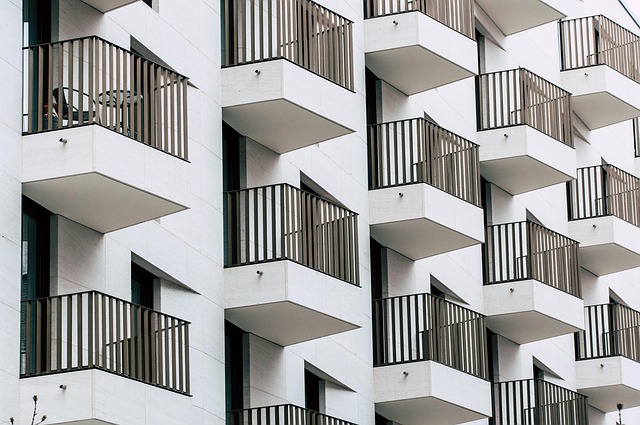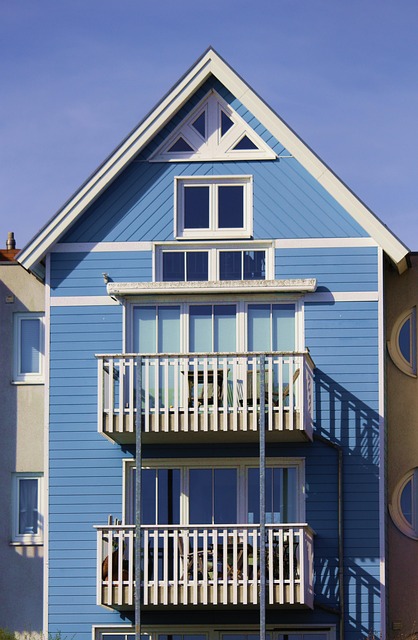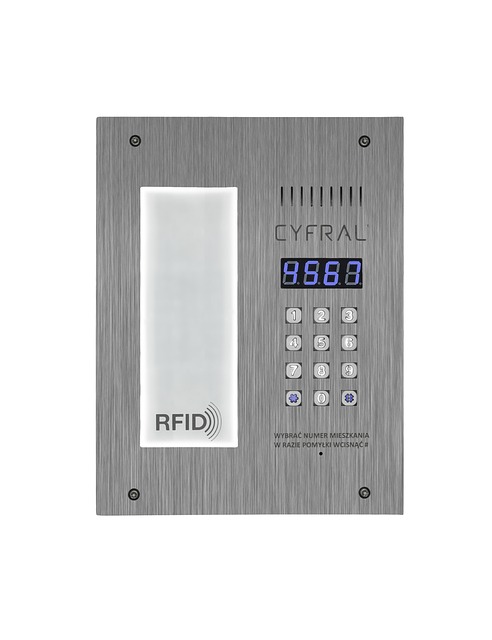In Oregon, tenants have legally protected rights regarding mold in rental properties. If mold is suspected, tenants should document the issue, notify their landlord promptly, and demand immediate remediation. Landlords are responsible for addressing mold within a reasonable timeframe, ensuring tenant safety, and following proper cleanup procedures. Tenants can take legal action if landlords neglect to act, including serving notices, pursuing mediation or court, and filing claims with the Oregon Division of Housing for compensation.
In Oregon, understanding tenant rights regarding mold in rental properties is paramount for both landlords and tenants. This article delves into the complexities surrounding mold, focusing on its impact on health and living environments. We explore critical tenant rights and obligations of landlords, offering a comprehensive guide to navigating mold issues. Learn about legal steps tenants can take to ensure safe and healthy living conditions, empowering you with knowledge in this essential aspect of renting.
- Understanding Mold and Its Impact on Oregon Rentals
- Tenant Rights: What You Need to Know About Mold
- Landlord Obligations for Mold Remediation
- Legal Steps Tenants Can Take in Case of Mold Issues
Understanding Mold and Its Impact on Oregon Rentals

Mold is a common issue in many rental properties, and Oregon tenants have specific rights when it comes to addressing this problem. Understanding mold growth and its potential health impacts is crucial for both landlords and tenants. In Oregon, where climate conditions can contribute to increased moisture and subsequent mold development, it’s essential to recognize the legal obligations surrounding tenant safety and comfort.
When mold appears in a rental unit, tenants have the right to take action. This includes requesting immediate inspection and remediation from the landlord. Failure to address mold issues promptly can lead to potential health risks for occupants, including respiratory problems and allergic reactions. Knowing their rights empowers tenants to ensure a safe living environment and prompt resolution of mold-related concerns.
Tenant Rights: What You Need to Know About Mold

In Oregon, tenants have specific rights and protections when it comes to mold in rental properties. Knowing your rights is crucial for ensuring a safe living environment. If you suspect mold in your rental unit, you have the right to take action. Start by documenting the issue with photos and notes detailing its severity and location. Next, inform your landlord promptly; they are responsible for addressing mold issues within a reasonable time frame.
Your tenant rights extend to being free from hazardous living conditions. If left unaddressed, mold can lead to health problems, especially for individuals with respiratory conditions or allergies. In the event that your landlord fails to mitigate the problem, you may consider seeking legal advice. Understanding these rights empowers tenants to advocate for their well-being and ensure their rental space is free from mold-related concerns.
Landlord Obligations for Mold Remediation

In Oregon, landlords have a legal obligation to maintain rental properties in a safe and habitable condition, including addressing issues related to mold growth. When mold is discovered, landlords must take immediate action to remediate the problem. This involves identifying the source of moisture that caused the mold and implementing effective cleanup methods. Landlords are responsible for hiring qualified professionals to ensure proper remediation practices are followed, protecting both tenants and the environment.
Tenants have the right to be informed about any mold issues in their rental unit and to participate in the decision-making process regarding remediation. They should receive clear instructions on safety measures to take during cleanup and access to resources to support their well-being. Prompt action by landlords is crucial to prevent further health risks for tenants associated with prolonged exposure to mold.
Legal Steps Tenants Can Take in Case of Mold Issues

If tenants in Oregon encounter mold issues in their rental properties, they possess certain legal rights and options to rectify the situation. The first step is to document the problem by taking photos and noting the extent of mold growth. Next, tenants should inform their landlord or property manager in writing, detailing the issue and requesting immediate action. Many leases include provisions for maintenance and safety, so referencing these clauses can be beneficial.
In cases where the landlord fails to address the mold problem promptly, tenants have the right to take legal action. This may involve serving a ‘Notice to Cure’ or ’30-Day Notice to Terminate’ (depending on the situation) according to Oregon’s landlord-tenant laws. If the landlord still doesn’t rectify the issue, tenants can file a claim with the Oregon Division of Housing or seek legal counsel to explore options like mediation or small claims court for potential compensation or resolution.






